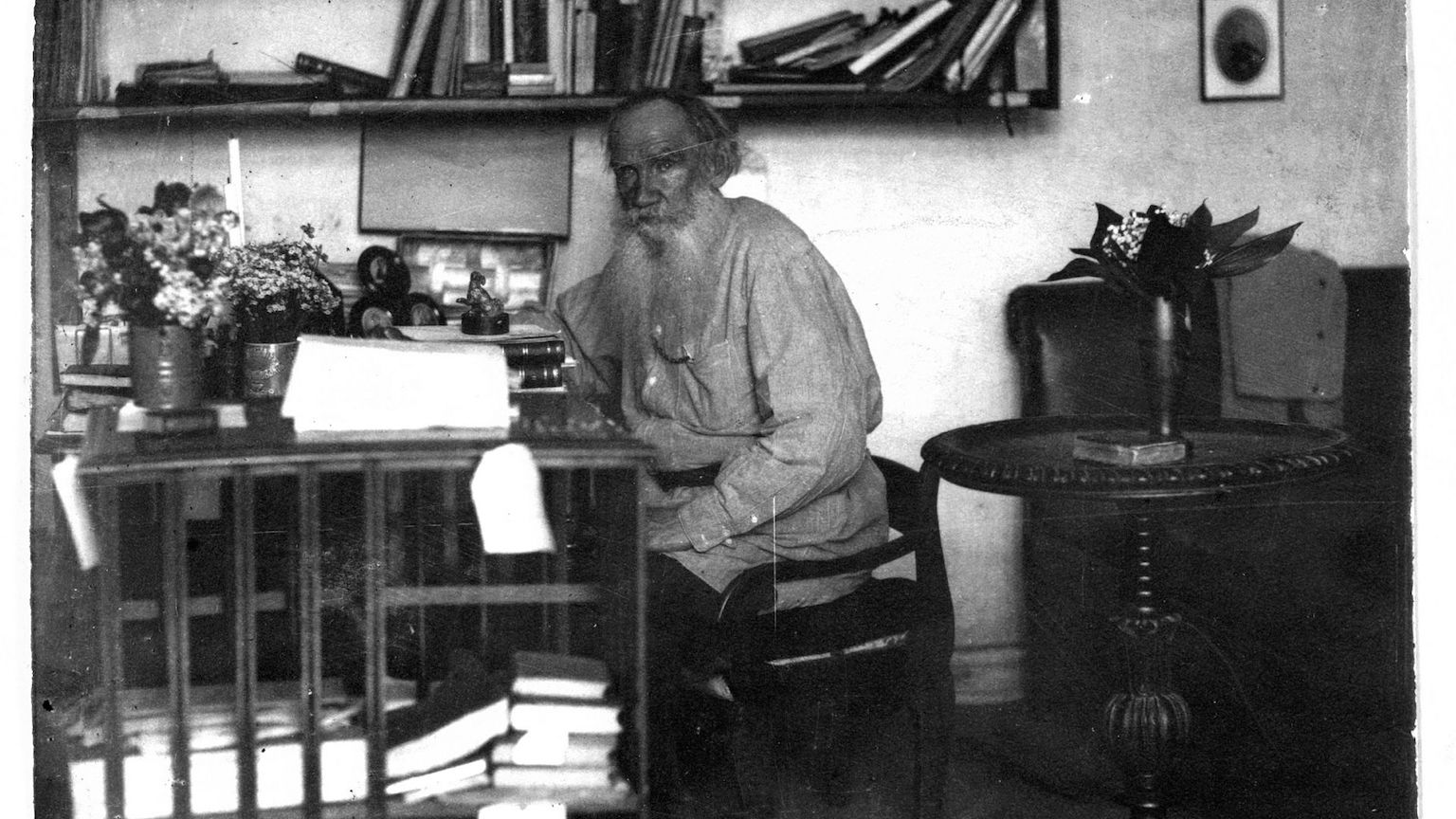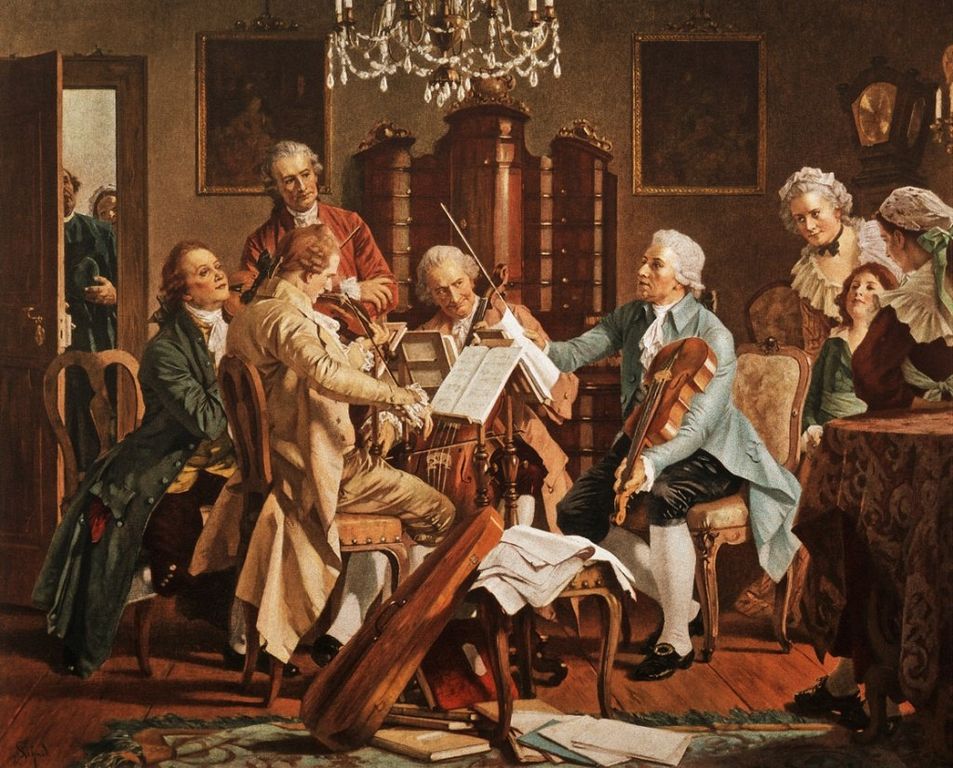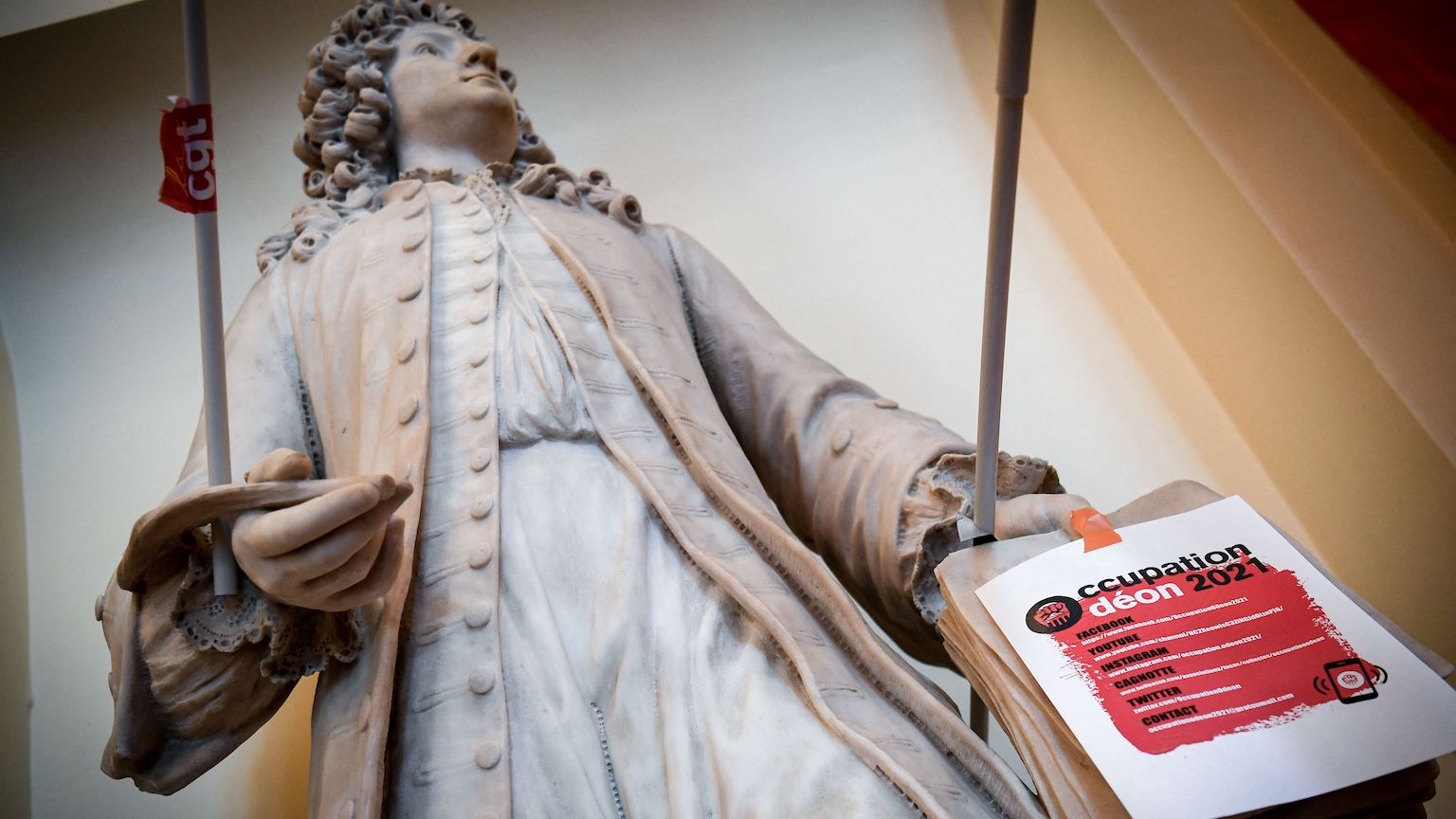Why Arthur Schopenhauer would have hated modern education

- Schopenhauer believed academic writing should be simple and easy to follow.
- Lengthy citations and overly complicated language give texts a false sense of authority — a criticism that rings true to this day.
- Schopenhauer’s take on education, while influenced by his own disastrous tenure as a professor, contains helpful tips on how to navigate the academic world.
If the German philosopher Arthur Schopenhauer were to rise from the grave and enroll at a modern-day liberal arts college, chances are he would not even make it past his intro courses. Not because he wouldn’t be able to understand any of his teachers — Schopenhauer actually spoke fluent English, German, and French — but rather because he simply wouldn’t listen to them. In yet another move that alienated himself from his fellow academics, Schopenhauer developed very strong opinions concerning philosophic inquiry and how it should be expressed.
Most notably, Schopenhauer believed citations did not belong in academic writing. He thought that the practice of using and citing sources imbued arguments with a false sense of credibility, and that borrowing ideas from others would get in the way of the author’s ability to develop their own. Like philosophers before him, ranging from Plato and Aristotle to Immanuel Kant, Schopenhauer constructed his major texts drawing not from other writers but through logical thinking and logical thinking alone.
Schopenhauer claimed this method resulted in stronger inquiries, and he’s got a point. Unfortunately, modern education seems to have strayed from the philosopher’s assessment. The need to use and cite sources is drilled into the skull of every student. Sometimes, teaching them how to set up “works cited” pages begins as early as junior high. While trusting in experts is a generally responsible thing to do, it simultaneously discourages us to think for ourselves.
Simplicity and authenticity
“The only writer worth reading,” Schopenhauer wrote in an essay titled “On Style,” “is the one who writes directly from the material in his own mind. But book makers, compendia writers and ordinary historians take their material directly from books; from here it passes into their fingers without even having first undergone transit toll or introspection… This is why their discourse often has such a vague meaning that we rack our brains to figure out what they are thinking. They simply are not thinking at all.”
Schopenhauer did not dislike citations in and of themselves, using them occasionally in his books. Instead, he disliked the way in which other academics seemed to use them. They would reference external sources without truly processing their meaning and relevance. Their purpose was not to reinforce the argument but to make it seem as though the argument had been reinforced. When reading a book or article that has been filled to the brim with citations from esteemed writers and thinkers, the trust we already place in these people is projected onto the text we are reading, endowing it with an air of credibility that it does not deserve.
Citations and references aren’t the only tools by which academics can produce an intellectual smokescreen, though. Schopenhauer was also suspicious of the way in which writers use language. During Schopenhauer’s time, most philosophical texts were dense to the point of impenetrability. They were semantic mazes that only a select number of readers knew how to navigate. They were filled with interdisciplinary jargon and idiosyncratic terms, presented in long, grammatically convoluted sentences using the obscurest of synonyms.
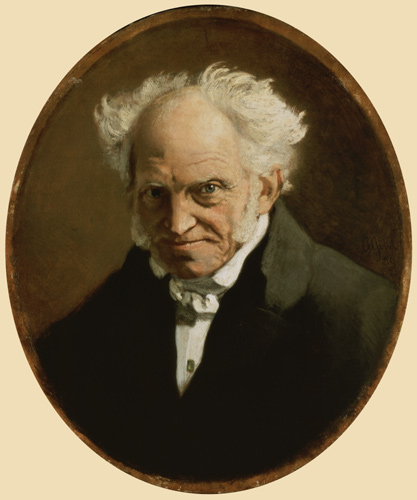
While jargon and inelegant syntax may sometimes be necessary to express particularly complex ideas, Schopenhauer believed his contemporaries routinely made things sound more complicated than they actually were. By doing so, they not only exclude a large portion of the population from their teachings, but they also dupe readers into thinking they are too ignorant to understand the text and admiring those that pretend they do understand it.
“There is nothing,” wrote Schopenhauer in the same essay, “an author should guard against more than the apparent endeavor to show more intellect than he has… We also find that every true thinker endeavors to express his thoughts as purely, clearly, definitely, and concisely as ever possible. This is why simplicity has always been looked upon as a token, not only of truth, but also of genius. Style receives its beauty from the thought expressed, while with those writers who only pretend to think it is their thoughts that are said to be fine because of their style. Style is merely a silhouette of thought; and to write in a vague or bad style means a stupid or confused mind.”
Schopenhauer’s clash with university education
Schopenhauer’s distrust of academic conventions was probably influenced by his own, mostly negative, experience with academia. In 1820, after his book The World as Will and Representation failed to kick up the storm he thought it would, the young Schopenhauer accepted a teaching position at the University of Berlin. Here, he would stubbornly schedule his courses at the same time as those taught by Georg Wilhelm Friedrich Hegel, an older and much more renowned philosopher whom Schopenhauer vehemently disagreed with.
Hegel, in Schopenhauer’s eyes, was the greatest charlatan to have ever set foot in a school, someone who wrote in an insanely complicated and highly referential style to distract readers from the faults in his thinking. Today, Hegel’s ideas have long been rejected and his writing style frequently ridiculed by both teachers and students alike. During the early 19th century, however, Hegel had effectively become the most influential philosopher in all of Europe, standing shoulder to shoulder with the poet Johann Wolfgang von Goethe.
Jealous of the recognition Hegel received from other academics, Schopenhauer could not help but start a rivalry. While Hegel was fighting administrators distressed by his progressive beliefs, Schopenhauer presented himself as apolitical in order to garner interest from the school’s recruiters. He even interrupted his own test lecture by entering into a heated — though thoroughly unnecessary — debate with Hegel, knowing full well the philosopher’s lack of support could cost him his job at the university.
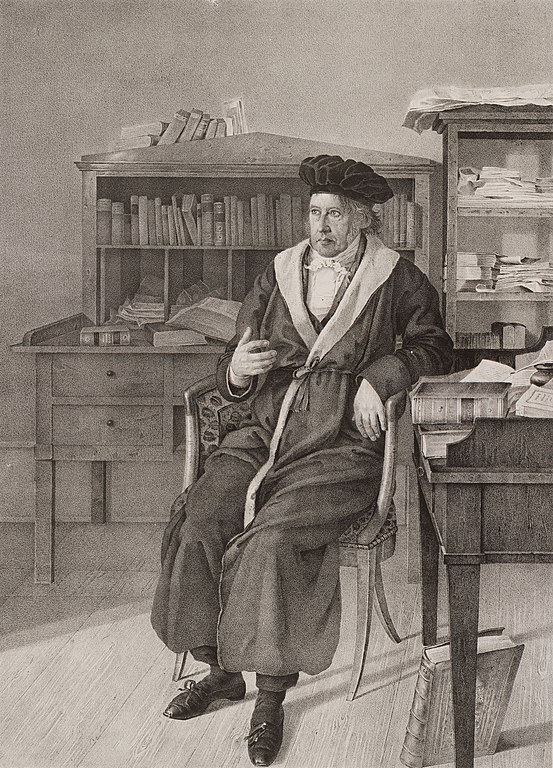
Despite scheduling his courses at the same time as Hegel, Schopenhauer was unable to lure the students away from his nemesis. While Hegel lectured to an overcrowded auditorium, Schopenhauer was shocked to find that only five people had actually signed up for his course, which ironically revolved around studying The World as Will.
When, a few semesters later, his popularity among the student body had failed to improve, Schopenhauer gave up. He not only quit his teaching job at the University of Berlin but teaching in general. Using funds inherited from his merchant father, Schopenhauer was able to finance a lifetime of independent study. The texts he penned during this period, mostly supplemental chapters for The World as Will, he wrote not for wealth or status but for the sake of his own self-improvement, not knowing whether anyone but himself would ever get to read them.
Independent study
As Schopenhauer traded the classroom for his bedroom, his philosophical outlook shifted with the new surroundings. “My meditative philosophy,” he wrote in the Preface to the Second Edition of The World as Will, “has for its pole star truth alone, naked, unrewarded, unbefriended, often persecuted truth, and towards this it steers straight, looking neither to the right nor to the left.”
Previously, Schopenhauer had argued that the best inquiries resulted from trusting in one’s own ability to reason. Having fully embraced the life of a hermit, he now went a step further, arguing that in order to conduct any kind of genuine inquiry into the nature of reality, you first had to remove yourself from that reality.
“Now,” Schopenhauer wrote in his essay, “On University Philosophy,” “what in the world has such a philosophy to do with that alma mater, the good, substantial university philosophy, which burdened with a hundred intentions and a thousand considerations proceeds on its course cautiously tacking… the will of the ministry, the dogmas of the established Church, the wishes of the publisher, the encouragement of students, the goodwill of colleagues, the course of current politics, the momentary tendency of the public, and Heaven knows what else?”
Again, Schopenhauer’s criticisms of academic institutions and their rigid conventions were most certainly influenced by the experiences he had with them. Still his essays, while at times shortsighted and even hypocritical, contain useful advice when it comes to navigating the academic world. As John Stewart points out in his article, “Schopenhauer’s Charge and Modern Academic Philosophy,” the concept of an institutionally employed philosopher is relatively recent. What’s more, some of the greatest thinkers in history, including Descartes and Hume, never worked with any universities but devoted themselves to independent study instead.
As for us readers, we should not always automatically believe someone just because they happen to cite a person of authority. For all we know, the citation may have been pulled out of its original context to prove a very different point, or it may be used as decoration. Reason, on the other hand, does not deceive.

